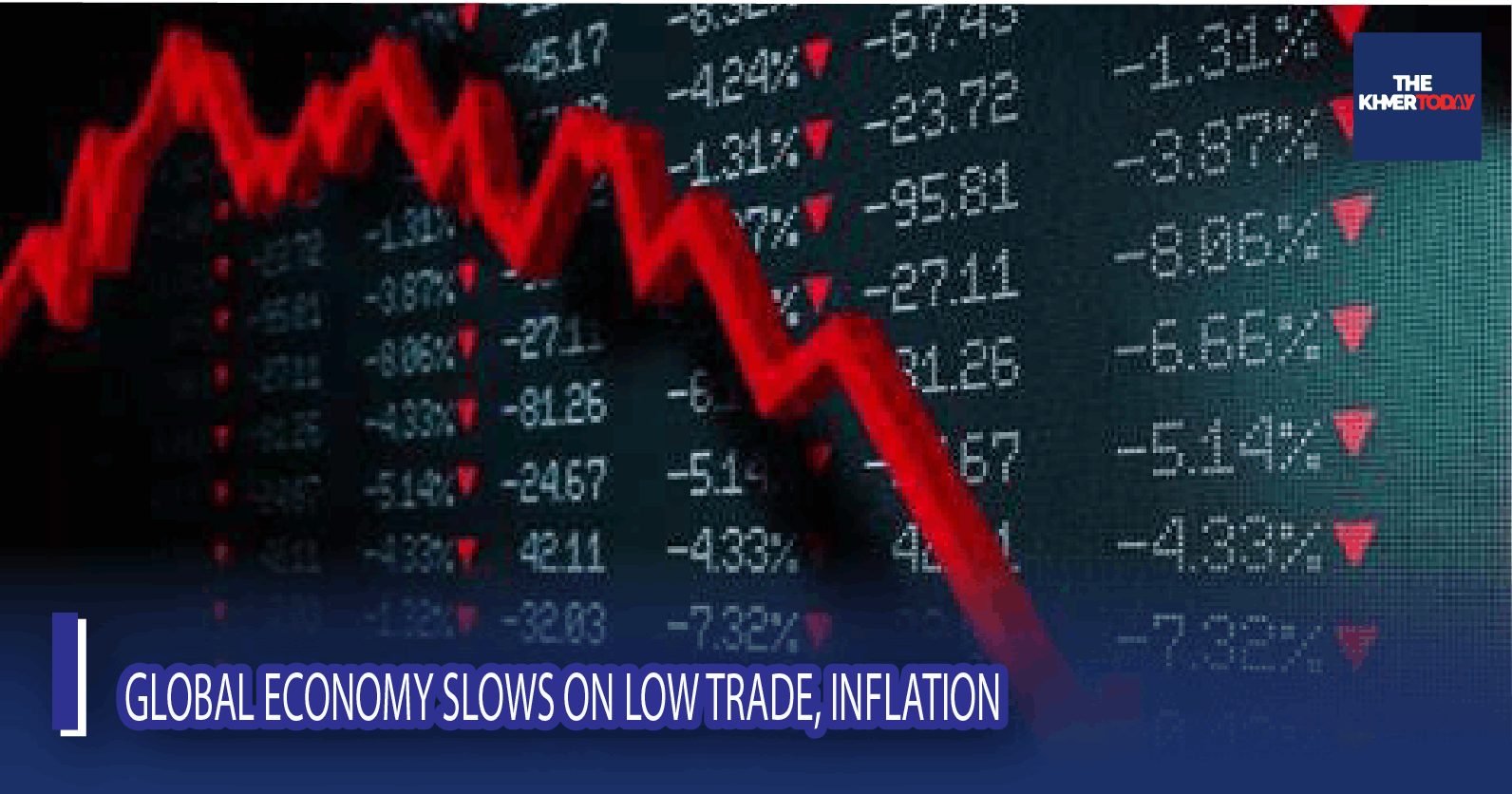Global economy slows on low trade, inflation

According to a UN report, global economic growth will decelerate from 3% in 2022 to 2.4 percent in 2023, owing in part to the slow flow of commodities and services.
According to the UN Conference on Trade and Development (UNCTAD), workers are unlikely to receive a pay boost this year because wages and salaries have failed to keep up with inflation.
The report, which was released on October 4, asks for a shift in policy direction, as well as the institutional reforms promised during the Covid-19 crisis, in order to avoid a wasted decade.
Investment is also weak in the face of falling credit, and there are worries about the market concentration and lack of competition in financialization of trade in important markets like energy, food, pharmaceuticals and digital. The question of where the new sources of growth will come from has to be addressed.
SDGs that are unattainable based to the analysis, the potential of attaining the SDGs by 2030 is receding as a result of rising interest rates, weakened currencies, and slower growth in exports, reduces the fiscal space available to governments to combat climate change and provide for their citizens.
The research urges a shift in policy direction, notably by leading central banks, by advocating for global financial reforms, more pragmatic measures to combat inflation, inequality, and sovereign debt distress, tighter control of important markets, and reform of the international financial system.
The UNCTAD chief advocated for a modification of the two percent inflation target. "That could mean collateral damage if not revised, especially for the developing countries, but also for the long-term financial stability in the developed world," she said.
It would be the instruments to address liquidity issues, the investment scale required from multilateral development banks, and, as previously stated, a permanent framework to address the debt problem in poor countries," she explained.